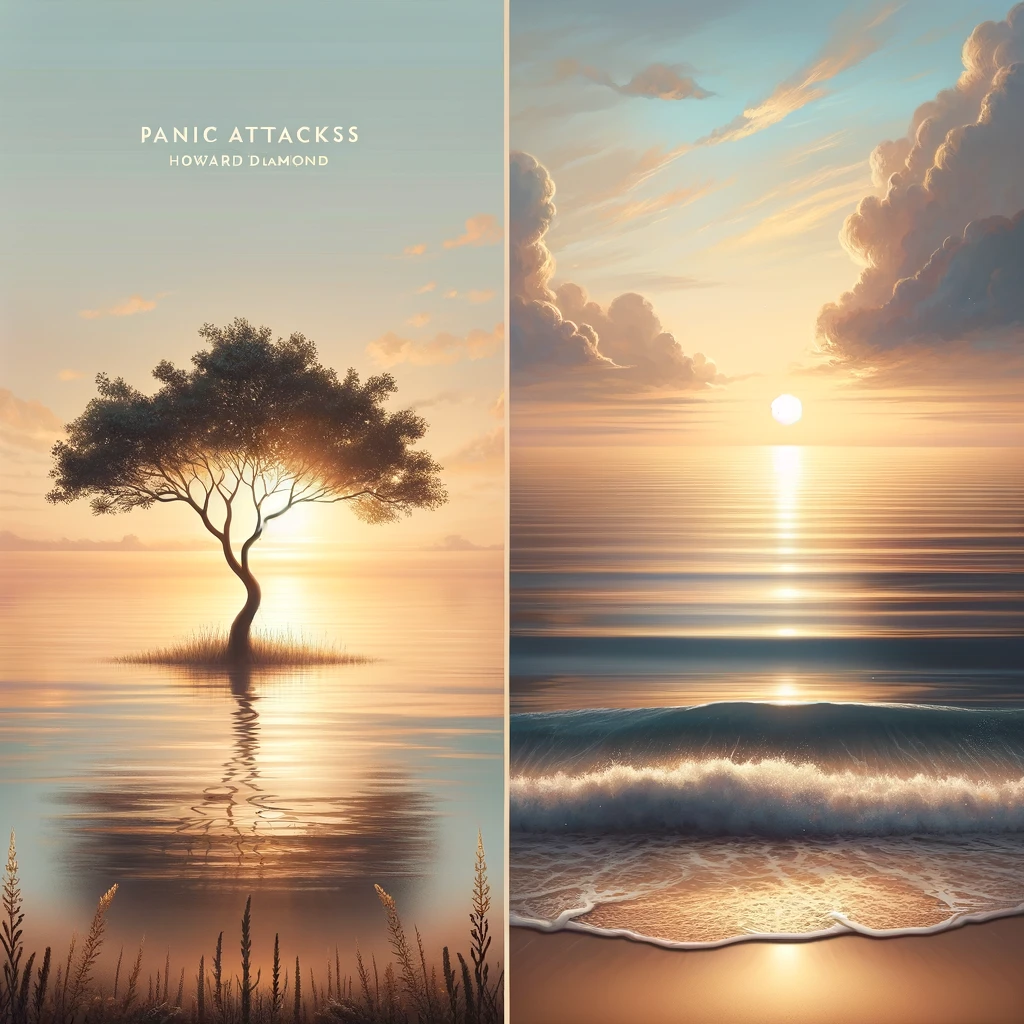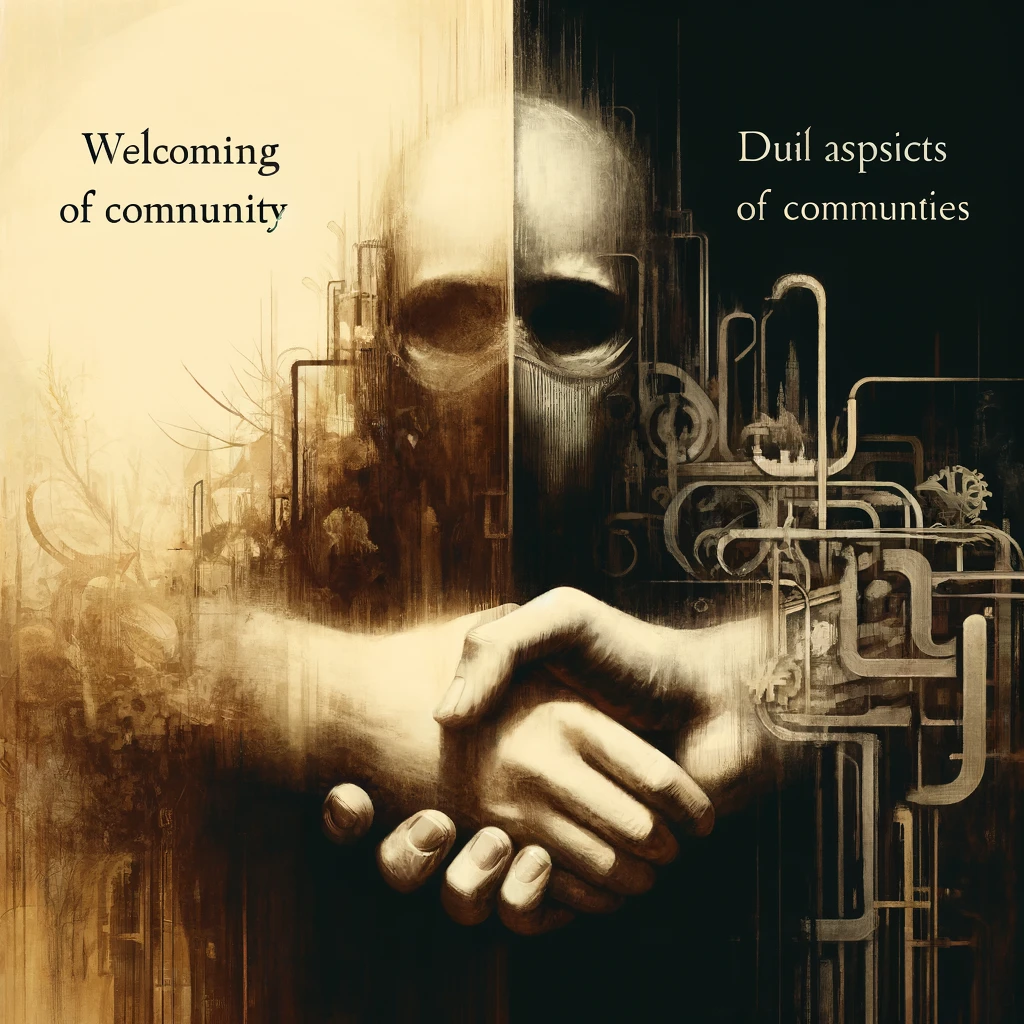Your cart is currently empty!

Panic Attacks: Please, Don’t Panic
The article shares one’s journey with severe anxiety leading to panic attacks, demystifying the differences between them, symptoms, prevention strategies, and helpful suggestions. Seeking professional evaluation, early treatment, managing triggers, and utilizing support resources are emphasized. The author highlights the importance of self-awareness, patience, and a strong support network in managing panic disorders.
Have you ever felt a sudden sweat on your forehead, clammy hands and feet, or uncontrollable heart palpitations? Do you worry excessively?
I’ve been there, experiencing these sensations frequently. Understanding that I wasn’t going crazy was a relief, but I needed to know what was happening. It wasn’t a heart attack or stroke, yet it significantly altered my days.
I discovered I was suffering from severe anxiety, leading to panic attacks. The thought that I could be prone to panic attacks seemed improbable, yet it became an undeniable reality. These attacks increasingly took control of my life, pushing me to withdraw from daily activities. This article aims to demystify panic and anxiety attacks, sharing my journey and the strategies that helped me and others.
Definition
Panic and anxiety attacks have similar definitions, with subtle differences. Panic attacks are sudden, intense bursts of fear or terror, unlike anxiety attacks, which involve persistent worry and physical symptoms. Having experienced both, I understand the challenge of distinguishing them.
A panic attack is an abrupt episode of intense fear, triggering physical reactions without any real danger. It stems from perceived threats, causing symptoms like racing heartbeat, shortness of breath, and dizziness. These episodes can make one feel out of control, fearing a heart attack or death. For some, panic attacks diminish or disappear once the stressful situation ends.
Symptoms
My symptoms peaked within minutes, leaving me exhausted. Panic attacks can mimic other health conditions, making them difficult to manage without external help. I needed to seek evaluation from healthcare professionals.
According to the Mayo Clinic, symptoms can arise anytime and anywhere, from driving to relaxing at home. Common symptoms include a sense of impending doom, rapid heart rate, sweating, trembling, chills, nausea, and feelings of detachment.
Prevention
Though there’s no surefire way to prevent panic disorders, early treatment and adherence to a treatment plan can mitigate their severity and frequency. Engaging in physical activities and managing stress are also beneficial.
Identifying and managing triggers, avoiding stimulants like caffeine and alcohol, maintaining a healthy diet, and practicing stress management techniques can reduce the likelihood of panic attacks.
Helpful Suggestions
Organizations like the Anxiety and Depression Association of America (ADAA) provide valuable resources and support for those dealing with anxiety and panic attacks. Dr. Gregory Kushnick suggests that reminding oneself that the situation is temporary can be comforting during an attack. Positive affirmations and “I feel” statements can help express emotions and manage stress.
Conclusion
Living with panic and anxiety attacks can be challenging and often misunderstood. With years of therapy and support, I’ve learned to manage my anxiety better, allowing me to lead a more emotionally balanced life. Understanding and treating panic disorders require patience, self-awareness, and the right support network.
One response to “Panic Attacks: Please, Don’t Panic”
-
I have been taking professional help from a psychologist and I could agree each word here.





Leave a Reply